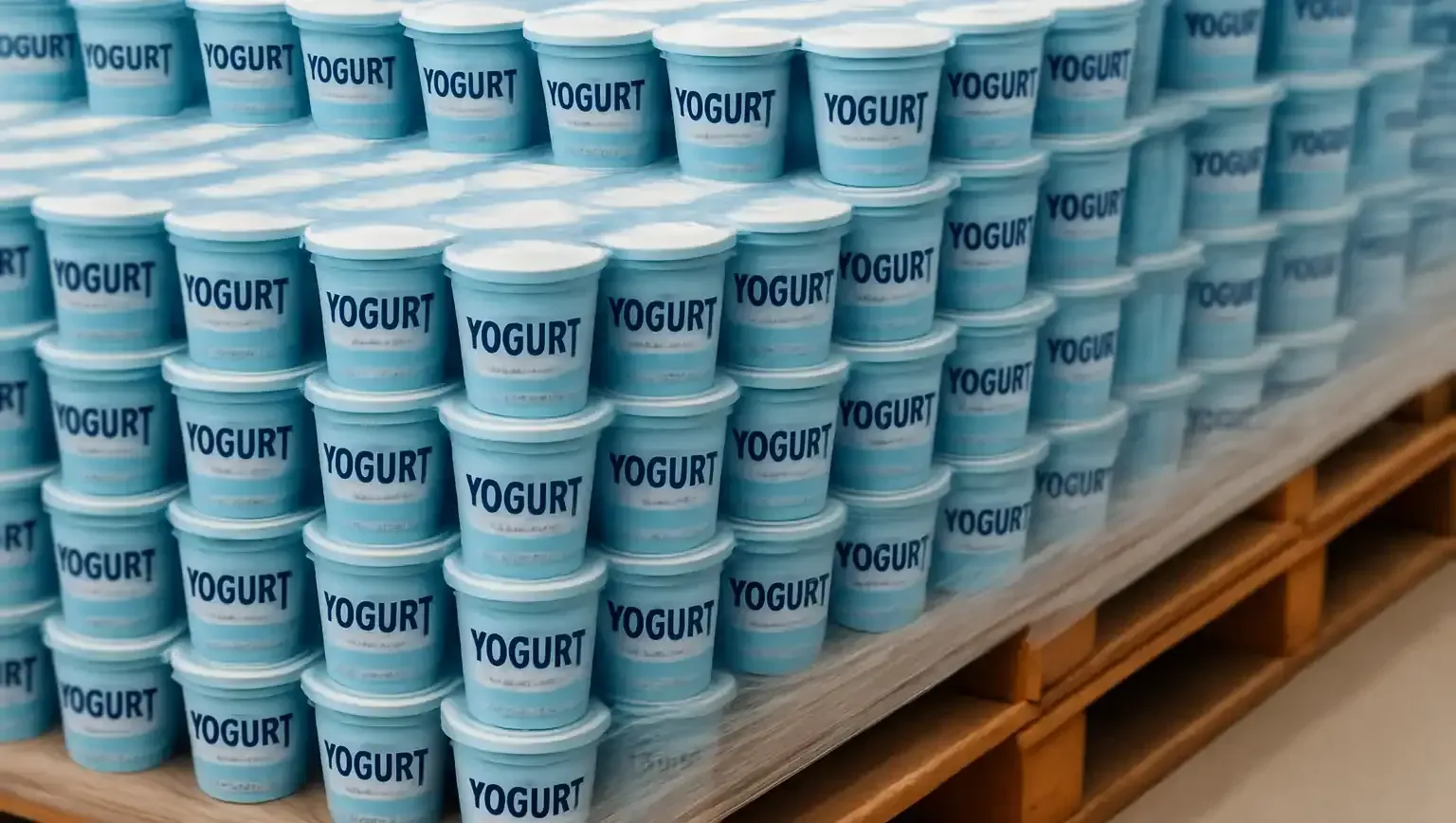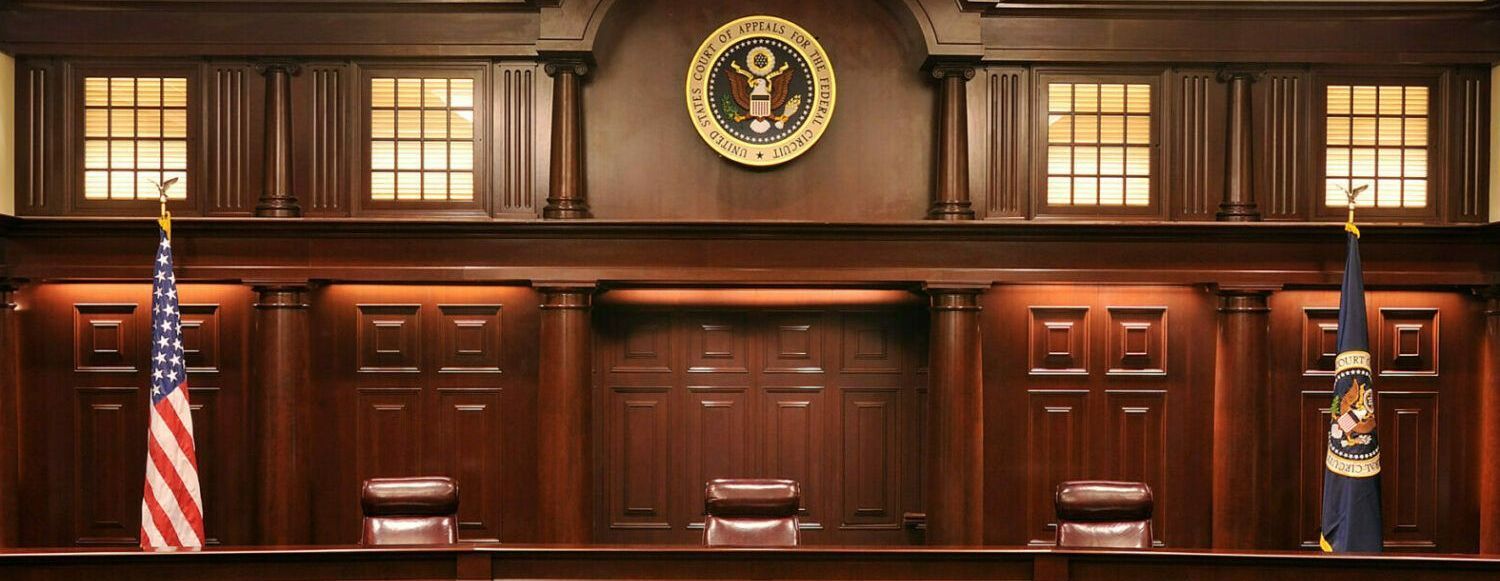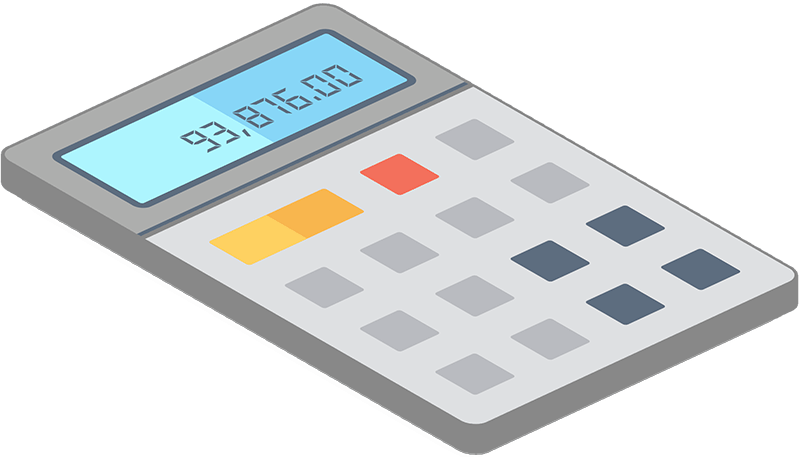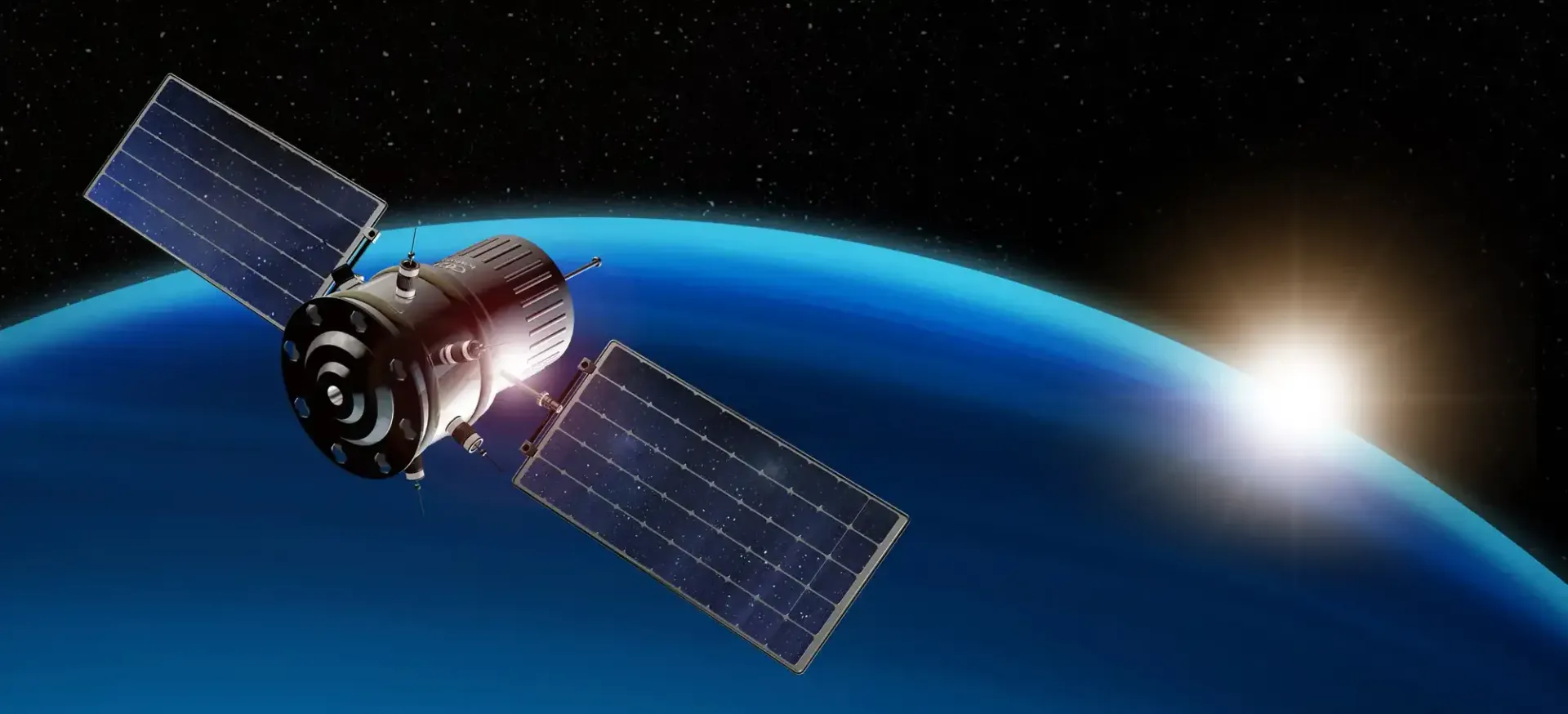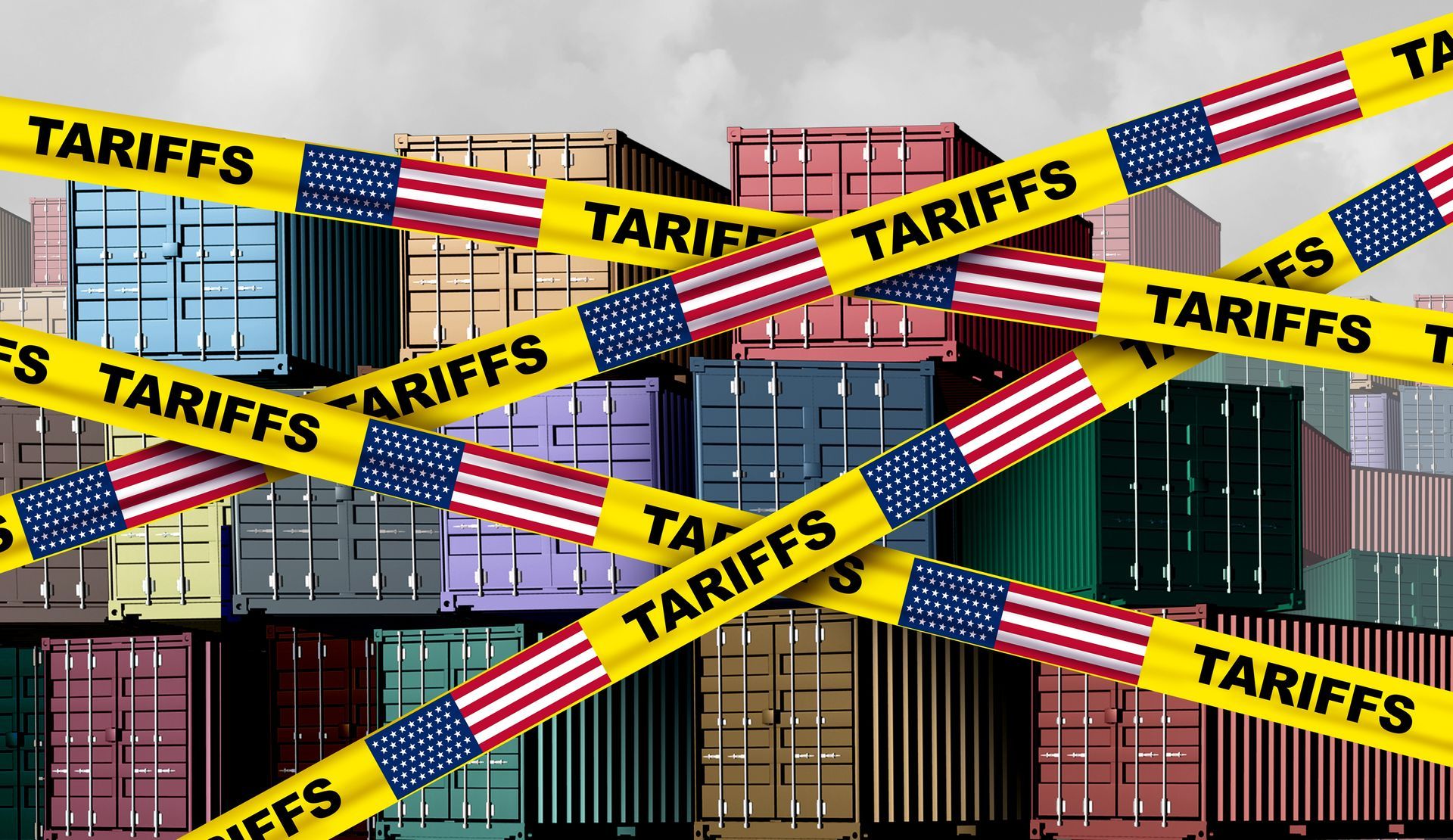Newsletter | September 2025 | Reciprocal Tariffs
TOP NEWS
The latest on the reciprocal tariffs have them hanging in the balance. On August 29, 2025, the U.S. Court of Appeals for the Federal Circuit, affirmed a lower court decision finding that the reciprocal tariffs exceeded presidential authority under IEEPA. The court stayed its mandate until October 14, 2025, giving the government time to seek Supreme Court review. The Trump administration has petitioned the Supreme Court for an expedited hearing, possibly in November 2025, aiming for a final ruling early next year.
If the Supreme Court ultimately rules these tariffs illegal, the government may be forced to refund a substantial portion of the tariffs already collected. Treasury Secretary Scott Bessent has warned that nearly half of tariff revenues—possibly totaling tens to hundreds of billions of dollars—might need to be returned.
DID YOU KNOW…
As of August 29, 2025, a complete suspension of the de minimis exemption for all shipments from any country, including those valued at $800 or less, took effect. These items are now subject to applicable duties and taxes.
The duties will now be applied in one of two ways. Either by ad valorem, which is a percentage of the package value based on the country’s tariff rate or by a specific flat fee. The specific flat fee will be for a temporary transition period of six months and will be as follows:
- $80 per item (if tariff rate < 16%)
- $160 per item (if tariff rate is 16–25%)
- $200 per item (if tariff rate > 25%)
After this six-month window, all postal shipments must use the ad valorem (value-based) tariff method.
A few exceptions remain including personal imports valued under $200 and gifts values at $100 or less. These exemptions will continue under longstanding law and are not affected by the new rule.
MORE TARIFF NEWS
President Trump signed an executive order on September 5th, that modifies the scope of the reciprocal tariffs. It offers some tariff exemptions as soon as Monday September 8th, to trading partners who strike deals on industrial exports such as nickel, gold and other metals, as well as pharmaceutical compounds and chemicals.
His latest order grants reciprocal tariff waivers to 45 categories. Those include critical minerals and metals (including gold, nickel, graphite, neodymium magnet and LED’s), pharmaceutical components (such as generic drug components), and other non-patented pharmaceutical articles. It also applies to certain agricultural products, aircraft and parts and non-patented articles used in pharmaceuticals.
The order also eliminates previous exemptions for items like certain plastics and polysilicon used in solar panels and revokes tariff exemptions for some plastics and polysilicon, meaning these items will now be subject to reciprocal tariffs.
Get actionable advice on cost-saving strategies that boost your bottom line.
Subscribe here:

